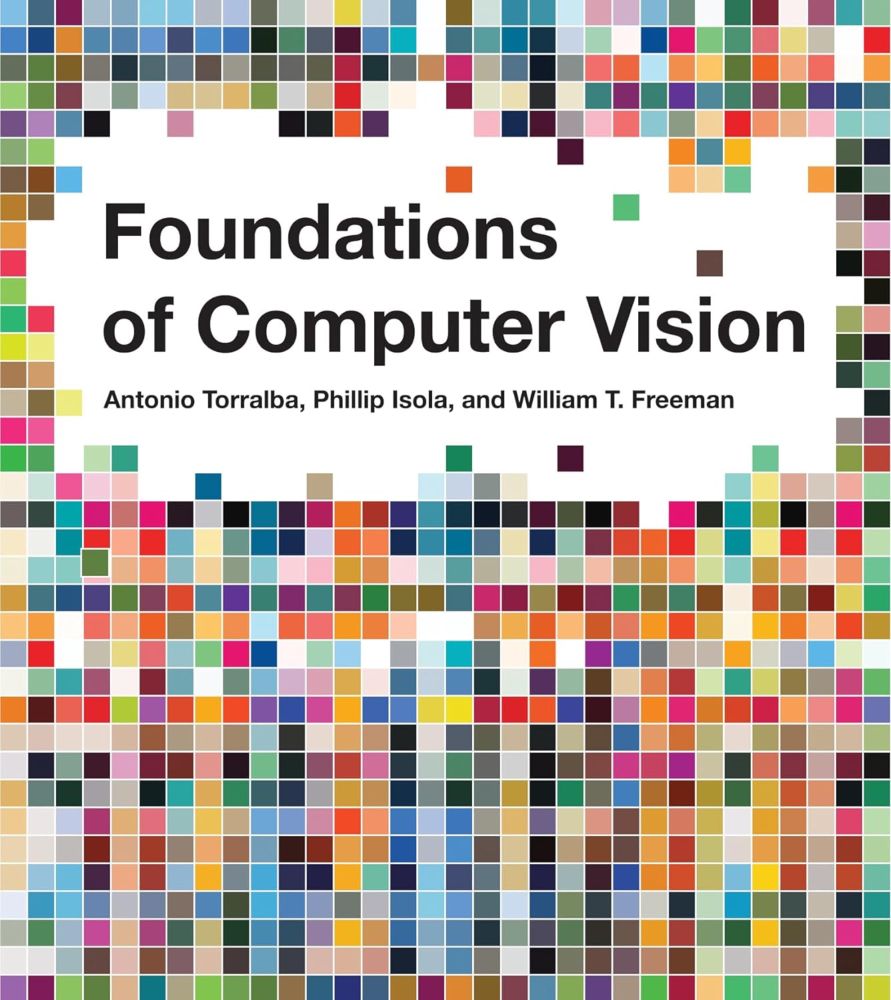Phillip Isola
@phillipisola.bsky.social
5.4K followers
88 following
52 posts
Associate Professor in EECS at MIT. Neural nets, generative models, representation learning, computer vision, robotics, cog sci, AI.
https://web.mit.edu/phillipi/
Posts
Media
Videos
Starter Packs
Phillip Isola
@phillipisola.bsky.social
· Jul 31
Phillip Isola
@phillipisola.bsky.social
· Jul 31
Phillip Isola
@phillipisola.bsky.social
· Jul 31
Phillip Isola
@phillipisola.bsky.social
· Jul 31
Phillip Isola
@phillipisola.bsky.social
· Jul 27
Phillip Isola
@phillipisola.bsky.social
· Jul 16

Denoised MDPs: Learning World Models Better Than the World Itself
The ability to separate signal from noise, and reason with clean abstractions, is critical to intelligence. With this ability, humans can efficiently perform real world tasks without considering all p...
arxiv.org
Phillip Isola
@phillipisola.bsky.social
· Jul 16
Phillip Isola
@phillipisola.bsky.social
· Jul 12
Phillip Isola
@phillipisola.bsky.social
· Jul 12
Phillip Isola
@phillipisola.bsky.social
· Jul 12
Phillip Isola
@phillipisola.bsky.social
· Jul 12
Phillip Isola
@phillipisola.bsky.social
· Jul 12
Reposted by Phillip Isola
#CVPR2026
@cvprconference.bsky.social
· Jun 19
Phillip Isola
@phillipisola.bsky.social
· May 22
Reposted by Phillip Isola
#CVPR2026
@cvprconference.bsky.social
· May 10
Reposted by Phillip Isola
Phillip Isola
@phillipisola.bsky.social
· Mar 26

An analytic theory of creativity in convolutional diffusion models
We obtain the first analytic, interpretable and predictive theory of creativity in convolutional diffusion models. Indeed, score-based diffusion models can generate highly creative images that lie far...
arxiv.org
Phillip Isola
@phillipisola.bsky.social
· Mar 26
Phillip Isola
@phillipisola.bsky.social
· Mar 26
Phillip Isola
@phillipisola.bsky.social
· Mar 26


